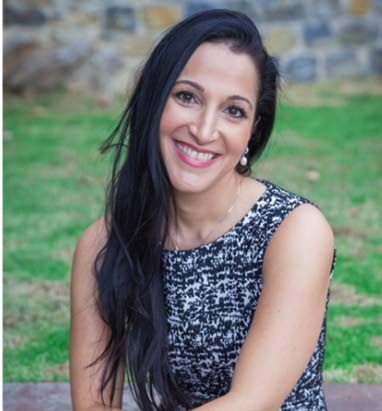Adapting to the new normal with ADHD

IT’S not a learning disability, it is not a choice, and no - people who have it are not “just lazy.”
As the world observes ADHD awareness month, psychologists, psychiatrists and mental health activists wish to continue their efforts in increasing awareness, especially amid a global pandemic.
ADHD is an acronym for Attention Deficit Hyperactivity Disorder. It is a neurodevelopmental disorder that can cause increased levels of hyperactivity and/or inattentiveness. This may cause difficulties focusing on one task at a time, or being able to sit still for a long period of time.
Detection and diagnosis typically occur during childhood, but it is still possible for one to be diagnosed during adulthood.
There are three major types: Inattentive, hyperactive, and combined. Its levels also range from mild to severe.
As the pandemic continues to spread, many people are experiencing greater levels of stress, anxiety and depression.
And with life as we know it changing drastically almost daily, clinical psychologist Tara Jackman said adapting to the new normal can be a particularly tough experience for those with ADHD.
“When you throw in a neurological disorder with all that is happening, these people will experience things greater,” she said.
“For children who have to now move to online learning – their home has become the classroom; the parents have become the teachers. They (parents) may not know how to navigate teaching a child with ADHD.”
Online schooling typically requires more independence from children, and for some, it may be a bit difficult to focus as they are in a relaxed, home environment and not a physical classroom.
Children and Adults with Attention-Deficit/Hyperactivity Disorder (CHADD) lists some common misconceptions as: ADHD is not a real disorder, the child will outgrow ADHD/it is a phase, it is over diagnosed and that it is less severe in girls and women as opposed to boys and men.
And Jackman said common things parents say to her are: their child is lazy; does not want to listen; does not want to do the work, or that they are behaving like that due to a parenting style that is not strict enough.
She is urging parents to be more patient and to understand their child is not doing these things on purpose. Parents are encouraged to find innovative, creative ways to assist their child, as well as conducting some research.

Psychotherapist Stacey Ann Camacho agreed that children with ADHD may be facing some hurdles as “(some) parents and babysitters aren’t qualified, and a lot of the times, teachers aren’t either in dealing with behavioural disorders.”
But she added, “With any mental health disorder – across the board – support and interaction are primary, as well as having emotional intelligence and having people around you who have emotional intelligence. Once that’s taken away, anyone will struggle.
She said while it is tough for one to remain in isolation over such an extensive period of time, one’s internal resources play a key role in maintaining mental wellness.
She suggested, “Parents need to do some training, family – where the family environment will be able to support children with ADHD. More patience, more time, more care, exercise is done differently with children who have ADHD, schoolwork, etc.” She said it is something that must be “carefully looked at,” in both children and adults during this time.
One person with ADHD (predominantly hyperactive/impulsive presentation-mild) told Sunday Newsday navigating throughout the covid19 pandemic thus far has been like “a chain reaction.
“I ended up in situations where my hyperactivity didn’t agree with having to be inside all the time. It didn’t like having to stay put, stay still and not do anything because I live a very active lifestyle.
“Before, I was already barely sleeping but now, I’m falling asleep at like 3 am, 4 am...”
He said with the difficulties he has been facing, he cannot imagine how some children may be feeling.
“I think it’s a situation where parents need to pay more attention to their children, listen to them, look at them. (They) especially need to acknowledge that this is something real, this is something they may struggle with.
“If you have your suspicions, get your child tested. If you already know this is what your child is going through, find ways to work with them, find ways to keep them engaged and active, help them throughout the process.”
He continued, “It’s a weird thing to navigate as a child, most times you don’t know any better and you just enjoy being loud and playful.
Jackman said typically, parents would take their child to a paediatrician to explain their concerns about the child’s inattentiveness or hyperactivity.
But she added that those factors do not automatically mean the child has ADHD.
“Kids are going to be busy; playful. But if it is happening more than their peers over a period of time, typically over six to 12 months…”
She said the child will then go through several screening tests and be assessed by a psychologist.
“Assessment would look at overall cognitive ability, attention, memory, getting a sense of their brain and what’s going on.”
And Camacho stressed that getting psychological treatment is of utmost importance.
“There is no checklist for anyone to do well with a mental illness unless they’ve done psychotherapy. I can’t reiterate enough how important professional help is.”


Comments
"Adapting to the new normal with ADHD"